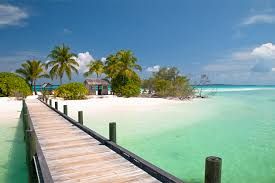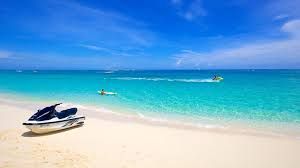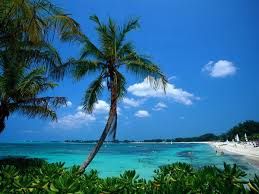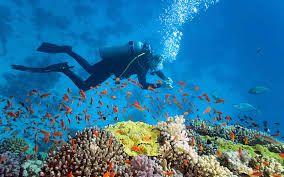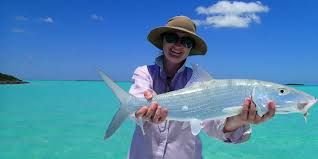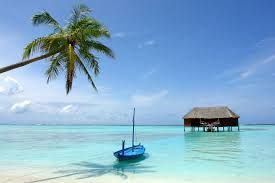
BAHAMAS
The Bahamas is a coral-based archipelago in the Atlantic Ocean, comprising 700 islands and cays that range from uninhabited to resort-packed. The northernmost, Grand Bahama, and Paradise Island, home to the sprawling Atlantis resort, are among the best known. Scuba diving and snorkeling sites include the massive Andros Barrier Reef, Thunderball Grotto (of James Bond fame) and the black-coral gardens off Bimini.
The Bahamas officially the Commonwealth of the Bahamas, is an archipelagic state of theLucayan Archipelago consisting of more than 700 islands, cays, and islets in the Atlantic Ocean; north of Cuba and Hispaniola (Haiti and the Dominican Republic); northwest of theTurks and Caicos Islands; southeast of the US state of Florida and east of the Florida Keys. Its capital is Nassau on the island of New Providence. The designation of "Bahamas" can refer to either the country or the larger island chain that it shares with the Turks and Caicos Islands. As stated in the mandate/manifesto of the Royal Bahamas Defence Force, the Bahamas territory encompasses 470,000 km2 (180,000 sq mi) of ocean space.
The Bahamas were the site of Columbus' first landfall in the New World in 1492. At that time, the islands were inhabited by the Lucayan, a branch of the Arawakan-speaking Tainopeople. Although the Spanish never colonised the Bahamas, they shipped the native Lucayans to slavery in Hispaniola. The islands were mostly deserted from 1513 until 1648, when English colonists from Bermuda settled on the island of Eleuthera.
The Bahamas became a British Crown colony in 1718, when the British clamped down onpiracy. After the American War of Independence, the Crown resettled thousands ofAmerican Loyalists in the Bahamas; they brought their slaves with them and established plantations on land grants. Africans constituted the majority of the population from this period. The Bahamas became a haven for freed African slaves: the Royal Navy resettled Africans here liberated from illegal slave ships; American slaves and Seminoles escaped here from Florida; and the government freed American slaves carried on United States domestic ships that had reached the Bahamas due to weather. Slavery in the Bahamas was abolished in 1834. Today the descendants of slaves and free Africans make up nearly 90% of the population; issues related to the slavery years are part of society.
The Bahamas became an independent Commonwealth realm in 1973, retaining Queen Elizabeth II as its monarch. In terms of gross domestic product per capita, the Bahamas is one of the richest countries in the Americas (following the United States and Canada). Its economy is based on tourism and finance
for bookings call 732.671.9358 or visit our site www.navesinkyachts.com
